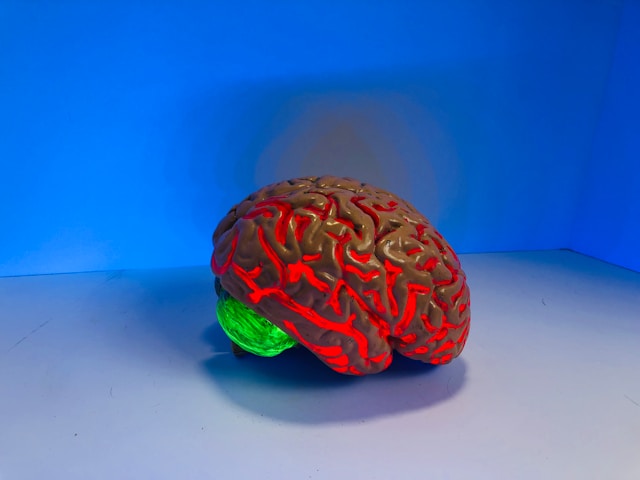
Image kindly provided by Natasha Connell
C.S. Lewis has always had a way of
nudging me toward contemplation. His words, like a gentle hand on the shoulder,
steer us to consider the larger mysteries of existence, drawing our attention
beyond the surface. The quote in question, which speaks to a "controlling
power outside the universe," tugs at a deep, instinctive awareness we’ve
all encountered but perhaps struggle to define. This invisible, intangible
influence that stirs within is as elusive as it is undeniable.
For as long as I can remember, I
have felt the weight of this inner voice, a sense of guidance that quietly
urges me toward right living. It never shouts. Instead, it whispers gently,
persistently, often in the stillness of a walk in the hills or during a moment
of reflection before sleep. Sometimes I’ve tried to drown it out with reason,
dismissing it as my overactive conscience or the residue of some moral
upbringing. But Lewis’ words suggest otherwise—that this voice is not simply a
product of my psychology, but perhaps a clue to something beyond, something
much grander and more profound.
As a child, I often wandered
through forests or along the rocky Scottish shores, overwhelmed by the beauty
and complexity of nature. I didn’t have the language to articulate what I was
feeling then, but there was a knowing—a sense that I was part of something much
larger than myself. I would sit and watch the clouds, or listen to the waves
lap against the shore, and feel something inside me stir. At the time, I
couldn't name this sensation, but now I understand it as that
"influence" Lewis describes. It was more than awe or wonder; it was a
connection to a greater reality, a whisper of the divine.
But as we grow older, life has a
way of drowning out these subtler voices. We are told to focus on what we can
measure, touch, and quantify. Modern life, with its emphasis on productivity
and material success, leaves little room for the spiritual or the unseen. And
yet, that inner voice never truly goes away. It continues to speak, gently
reminding us to look beyond the visible, to behave in ways that reflect not
just who we are, but who we were made to be.
I often think of Lewis’ analogy:
just as the artifacts of a house cannot be part of the house itself, the divine
cannot simply be another object within our universe, another "thing"
to be observed or dissected. Instead, it reveals itself to us in the only way
we could possibly understand—through the stirrings of our own conscience, the
quiet promptings to act with kindness, humility, and love. These are not just
moral guidelines; they are the fingerprints of something beyond the world as we
know it, guiding us from within.
There have been moments in my life
when I’ve ignored that voice—when I’ve let my ego or pride drown out its gentle
guidance. These are the moments I look back on with a sense of regret, for they
feel like missed opportunities to align myself with something higher. But when
I do listen—when I act out of compassion, empathy, or selflessness—I find a
sense of peace, as though I’m walking in step with the rhythm of the universe
itself.
Lewis suggests that the presence of
this inner voice should "arouse our suspicions." And indeed, it does.
What is this force that seems to know us better than we know ourselves? What is
this guidance that pushes us toward a better version of ourselves, even when we
resist? It would be easier to dismiss it if it didn’t feel so personal, so
intentional. But that’s precisely what makes it so compelling—it feels as
though it is aimed directly at me, as though someone, or something, is trying
to reach me through the only means possible: my own heart.
In my writing, especially as I
reflect on what it means to be human, this theme recurs. We are more than the
sum of our actions, more than flesh and bone navigating a material world. There
is a deeper dimension to our existence, one that is revealed not through
scientific discovery or intellectual pursuit, but through the quiet urgings of
our soul. This inner voice is not just a moral compass—it is the divine calling
us back to ourselves, and back to the One who made us.
Perhaps that is why Lewis' words
resonate so deeply with me. He understood that faith is not about proving God's
existence through external evidence, but about recognizing His presence within
us. The "controlling power" he speaks of is not a distant force, but
an intimate one, quietly leading us toward love, toward truth, toward the best
of ourselves.
And so, as I sit here reflecting on
this quote, I am reminded to listen more carefully, to attune myself to the
whispering voice within. It is not always easy to hear, especially in the noise
of modern life, but it is there. And in those moments when I do listen, I find
myself not only more at peace with the world around me but also more connected
to the One beyond it.
"I speak the truth in Christ; I am not lying,
as confirmed by my conscience in the Holy Spirit."
Romans 9:1 (BSB).


